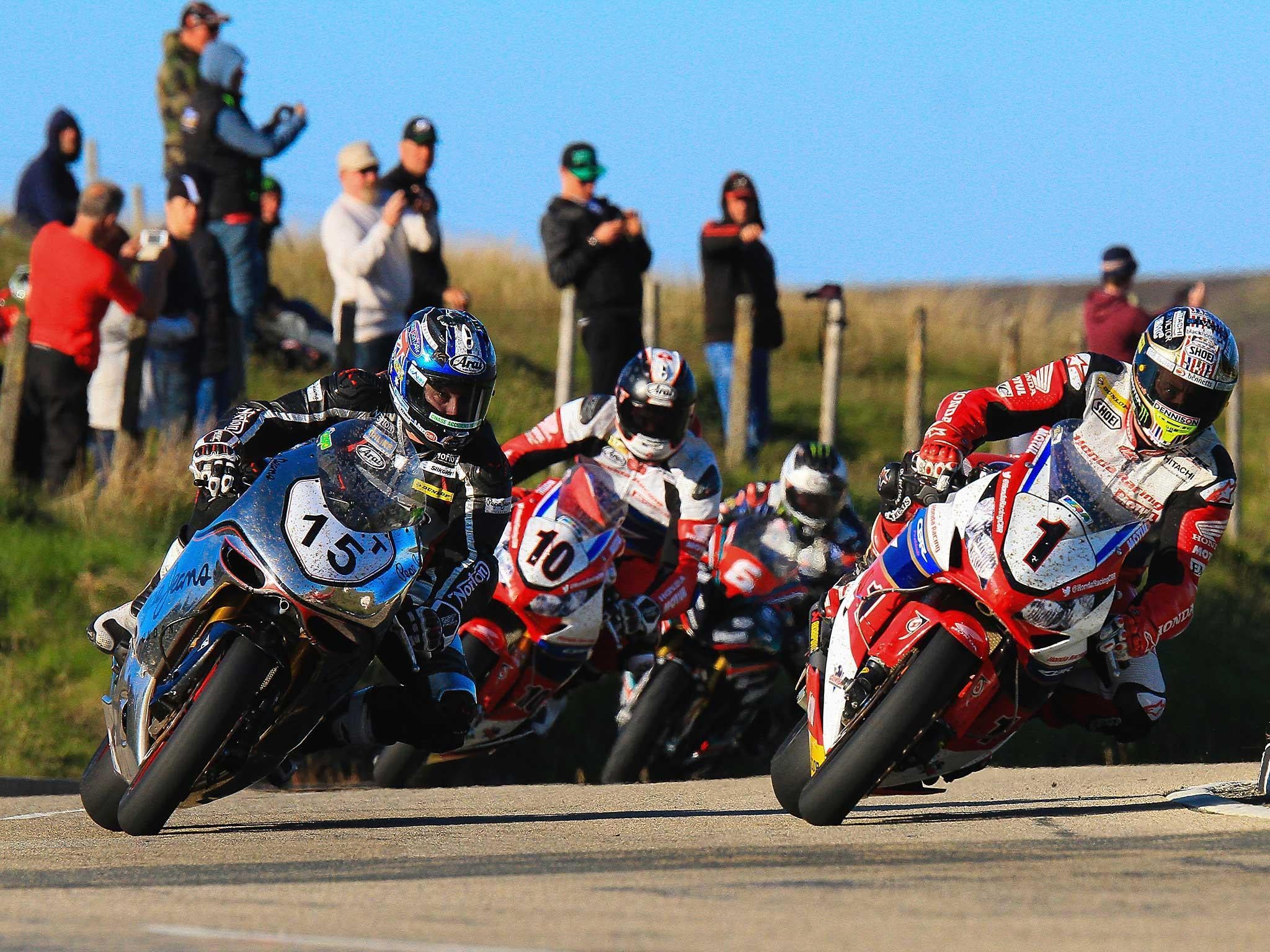Elite athletes can think far better than normal people when put under stress, study finds
The research found that athletes’ performance with mental tasks might even improve when they're experiencing intense emotions

Your support helps us to tell the story
From reproductive rights to climate change to Big Tech, The Independent is on the ground when the story is developing. Whether it's investigating the financials of Elon Musk's pro-Trump PAC or producing our latest documentary, 'The A Word', which shines a light on the American women fighting for reproductive rights, we know how important it is to parse out the facts from the messaging.
At such a critical moment in US history, we need reporters on the ground. Your donation allows us to keep sending journalists to speak to both sides of the story.
The Independent is trusted by Americans across the entire political spectrum. And unlike many other quality news outlets, we choose not to lock Americans out of our reporting and analysis with paywalls. We believe quality journalism should be available to everyone, paid for by those who can afford it.
Your support makes all the difference.Top athletes can think better and more quickly than normal people when put under pressure, according to new research.
It might be presumed that the chief skill of athletes is their physical performance. But they were 20 per cent better at remembering things and thought 10 per cent more quickly when placed under pressure, according to new research.
The study was undertaken as a way of testing the idea that because of their training, elite competitors – like top athletes and racing drivers – can handle intense situations and emotions more effectively than their less elite colleagues.
The study looked at six people who have succeeded in their field: champion downhill skater Peter Connolly, leading climber Louis Parkinson, multiple Isle of Man TT winner John McGuinness, big wave surfer Andrew Cotton, two-time British Touring Car champion Colin Turkington and Le Mans racing driver Oliver Webb. It compared those with six volunteers who had no special training for competitive sport.
Lead researcher Professor Vincent Walsh, from University College London's Institute of Cognitive Neuroscience, said: "These elite athletes perform tasks that many of us could never comprehend but what is fascinating is their mind-set when tackling such challenges.
"When some decisions can be the difference between success and failure, it is perhaps unsurprising that the study showed that athletes were consistently several seconds faster when performing their tasks.
"A few seconds or a few per cent may not sound much but this is a long time in sport and is the difference between winning and losing."
The study involved exposing participants to stressful images while asking them to carry out challenging tasks, a recognised psychological method of assessing mental performance under pressure.
Prof Walsh added: "The athletes were more accurate overall in their memory tasks following exposure to negative stimuli whereas the non-athletes were disturbed by the stimuli.
"In some cases, the non-athletes' performance fell apart in terms of speed of memory when put in difficult and intense situations. Conversely, the athlete's responses often improved.
"A lot of this makes sense, in particular in the case of rock-climbing or motor racing, where the athletes are conditioned to negate dangerous situations and need to make split second decisions."
Additional reporting by agencies
Join our commenting forum
Join thought-provoking conversations, follow other Independent readers and see their replies
Comments